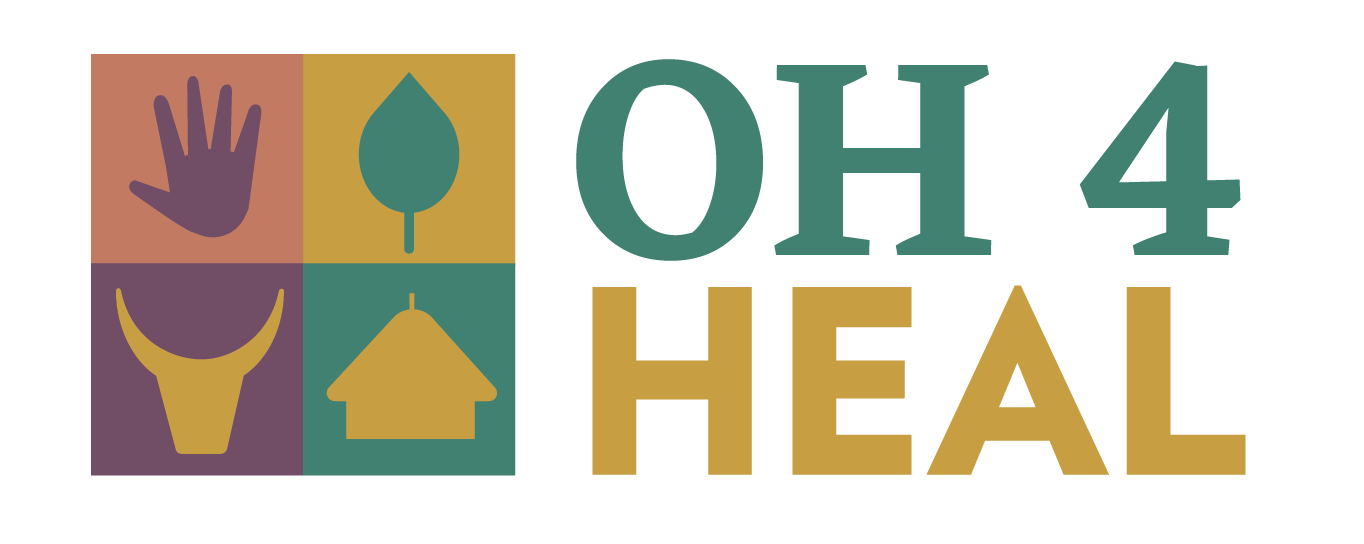With the health post in Chaliliche, Ethiopia, lacking medical resources and the skill set for treating severe illnesses, people need to travel for as far as 20 kilometres to get to the nearest health center. Motorbikes are the only means of transport running between these places and according to Dida, “one has to pay Birr 600 [$12.5] for a return trip to Melbana Health Center and imagine a sick person taking a bike ride on a rough road for hours.” Many people are thus sadly staying home ill for a lack of means.
Dida Arero Begeja, chairman of Chaliliche Kebele in Miyo Woreda views the One Health support for the remote village he leads as “a rescue mission to lessen the sufferings of my community.” Working with the One Health Unit set up by VSF-Suisse’s HEAL program, he busies himself mobilizing his community for the outreach health services ahead of schedule. “I don’t want any villager to miss this opportunity for them to gain access to treatment and vaccination services for themselves and their cattle. I make sure even villagers in the remotest bushes know when these services take place,” Dida explains.
Dida reiterates, “the veterinary clinic in the Kebele often ran short of medical supplies,” and pastoralists used to get little help for the sick animals they took there. He, therefore, finds it particularly important that the mobile health services integrate veterinary and human health so that “people can buy veterinary medicines for a fair price while receiving treatment and care for themselves.” He is also witnessing increased community interest in attending the health education sessions provided in each outreach event with participants raising issues around their livestock and own health as well as their environment and actively discussing them with health workers and development agents.
VSF-Suisse’s HEAL program provides its one health support through strengthened stakeholder participation of government sectors integrating their human and animal health as well as natural resource management endeavors. Now that the
outreach services are there to ensure that pastoralists in target Woredas have access to animal and human health services, Dida said, “I’m so happy that my community does not have to suffer anymore from traveling long distances to obtain basic healthcare services for their families and livestock.”
The program reaches out to communities in two kebeles of Moyale and Miyo Woredas in Borena zone of the Oromia region by providing logistic such as transportation, medical supplies and technical supervisions and trainings to ensure the integrated outreach services are regularly provided for pastoralists in these areas. Dida, on his part, pledges that he will keep mobilizing his community and raise awareness on the critical importance of receiving animal and human health services through these outreach services so that they and their livestock stay healthy and “people can also reduce cost and save time and lives.”

